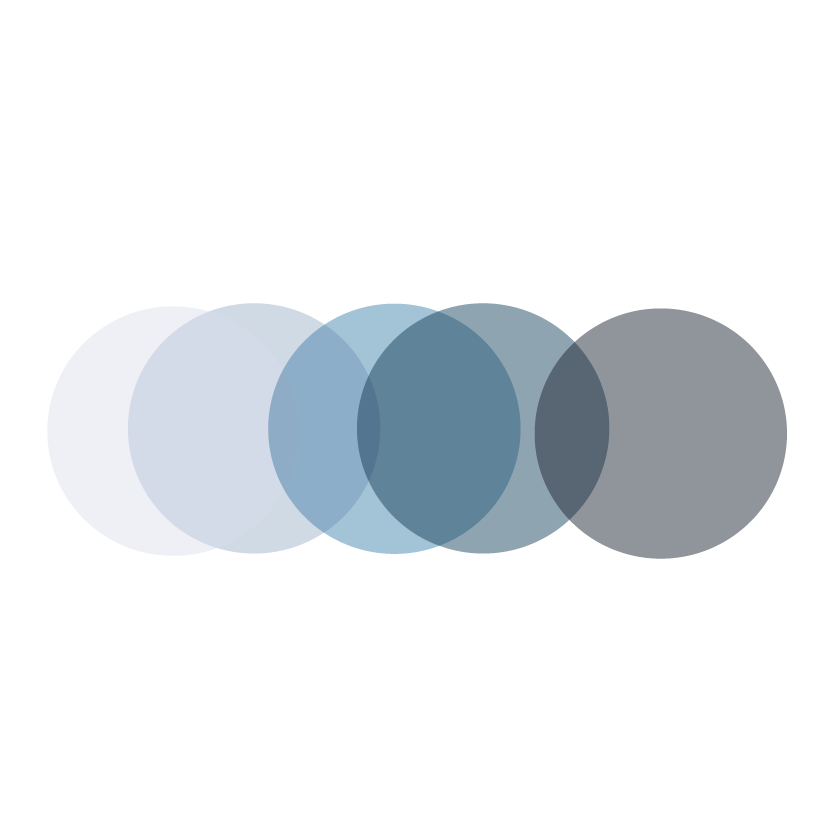Tired?
We are tired. Well, I am.
We’re almost 5 years out from the pandemic and it has been nothing but ups and downs, unexpected struggles and the feeling that we will never quite be done with it all. The fatigue and pressures during the pandemic have not seemed to fully dissipate. Throw a crazy election year on top of it - and here we are.
In conversations about retirement, leaving a job or closing a business - while those are tough decisions for those making them - there is also touch of jealousy from those who are listening. That feeling that you would like to “jump off the merry-go-round” too niggles at you. Or is that just me?
You can also see it in what is being written about. Heard of “fauxductivity”, which coffee badging and mouse jiggling are part of? Yes - in some way these are the evolution or continuation of quiet quitting.
Over on social media - there are a ton of “trends” that are pointing to wanting a simpler way of life. Like having a “Strega Nona Fall” or becoming a de-influencer. Or is the last one an oxymoron in a way since you have to follow them to be influenced by them?
No matter, all of this is coming back to a bigger issue at hand. Did you check any of the boxes in the graphic above? Those are signs of burnout.
If you checked anything - or even thought about it - start taking steps now to combat it so you are not ending your year burned out. Starting next year that way will be hard.
There are many things you can do and wonderful people you can speak to (like your Circle) to assist you. Here are a few ideas to get you started.
What is Enough?
At our BWC Annual Forum - Andrea Gharritt of The Bold Life Design led a packed session on this very topic. She encourages you to ask instead of “I can have it all so I will,” what shifts when you ask – “I can certainly have it all… so what do I truly want? What is enough?”
I know that we are heading into 4th Quarter, but what about taking that list of To Dos and paring it down to what you truly need to get done before the holidays by determining what is truly urgent and necessary. What is enough?
Then just do those things on your new list.
Slow Down
A cousin to just doing “What is enough?” - slowing down is literally just that. Ever heard the phrase slow down to speed up? Often times we need to do just that. Here are some ways to try it.
Use the 70% Rule
schedule work
HBR’s recent Big Idea Series focused on Overcoming Overwork. In their first article, A Workaholic’s Guide to Reclaiming Your Life, they give several ideas on how to make small improvements to shrinking your workload.
For example, “Fixing the Workaholic Clock” focuses on how to determine how long it will take you to do something (we tend to underestimate it). Once you learn - you can better allocate the time you need for project work.
Scheduling “power hour” time is another - if you know you have certain times of the day where you are most effective in writing, working on big projects, etc. - block those times from meetings to devote to actually doing your work
And one more small shift - schedule shorter meetings. Schedule 45 minute meetings versus 1 hour and then you have 15 minutes to process the meeting, do a few tasks or just breathe. I remember my corporate days when meetings were back to back and over lunch - we used to “proudly” joke about not having time to use the restroom!
Prioritize Downtime- Indulge in leisure and sleep
Let’s face it - your are super - but you don’t have super powers that never need regeneration. You need to have downtime - time for your mind and body to rest.
You can also try the 8/8/8 Rule where you divide your day into three eight hour chunks - 8 hours for sleep, 8 hours for work and 8 hours for leisure.
It also means TAKE YOUR VACATION (and not just the “revenge travel” trip). According to Very Well Health’s article This Is How Many Vacation Days You Should Take to Stay Healthy, According to New Research, you need to take at least 1 week to reap the benefits.
maintain hope
Recent research “has found that when it comes to prolonged periods of professional stress, something else could be equally, if not more, effective: hope.” As the author writes: Hope… is about looking past the present moment and into the future, and has also been linked to improved well-being.
Despite what news headlines may be telling you - we are headed into a season of hope. A season of holidays and celebrations, gatherings and looking ahead to a new year.
Cultivate hope by writing down what you are looking forward to be that tomorrow, next week, during the holidays - even next year. Then keep that writing where you can review it and remind yourself of what you are looking forward to.



